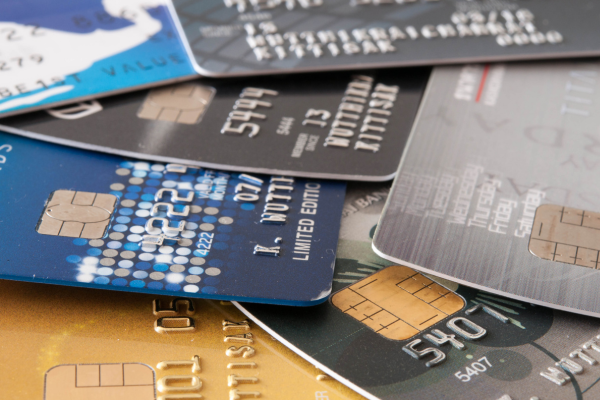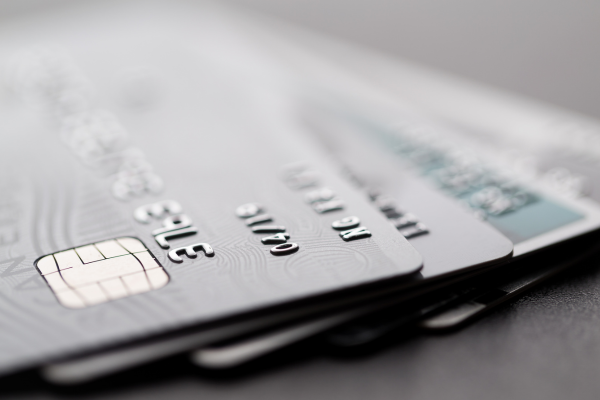How to Secure a Credit Card Approval Without Employment: A Step-by-Step Guide
Obtaining a credit card can feel like a daunting task when you’re not traditionally employed. However, with some strategic planning and knowledge, getting approved for a credit card without a job becomes a realistic goal. In this detailed guide, we’ll explore actionable steps, tips, and alternatives to secure approval, build credit, and responsibly manage your finances—all without traditional employment.
Understanding the Basics of Credit Card Eligibility
Credit card companies assess applicants based on multiple factors, and employment status is just one of them. The focus lies on your ability to repay, which can be demonstrated through various income sources or financial strategies. Knowing these requirements can significantly increase your chances of approval.
1. Income Beyond Traditional Jobs
While regular employment income is often the standard, it’s not a rigid requirement. Financial institutions also consider other revenue streams, including freelance work, investments, and even alimony.
2. Credit History
Your credit history plays a pivotal role in the decision-making process. Maintaining a good credit score and a low debt-to-income ratio makes you a more attractive applicant.
3. Other Financial Factors
Credit issuers evaluate your overall financial stability, which includes savings, assets, and any other income streams that demonstrate your repayment capacity.
Alternative Income Sources to Qualify for a Credit Card
If you’re not traditionally employed, don’t worry! Many alternative income sources can help prove your financial credibility. Highlight these clearly during your application process.
1. Freelance Work or Self-Employment
Income from freelancing or self-employment is widely accepted, provided you have consistent earnings. Keep invoices or payment records handy as proof.
2. Rental Property Earnings
If you own real estate and receive rental income, this can act as a stable income source. Be prepared to present rental agreements or bank statements.
3. Investment Returns
Earnings from investments, including dividends and interest, can showcase financial independence. Regular reports or statements will solidify your application.
4. Government Benefits
Social security, unemployment benefits, or disability payments are valid income sources in many cases.
5. Financial Support
Some credit card companies consider financial support from family members or partners if it can be documented effectively.
Steps to Boost Your Approval Odds
Even without a job, there are effective strategies to improve your chances of being approved for a credit card. Here’s how you can stand out as a reliable candidate:
1. Apply for Secured Credit Cards
A secured credit card is an excellent starting point. By providing a deposit as collateral, you reduce the lender’s risk and can build your credit over time.
2. Opt for Student or Limited-Income Cards
Certain credit cards cater specifically to individuals with minimal or no income. These options often come with relaxed eligibility requirements.
3. Demonstrate Responsible Financial Habits
A history of on-time payments and a low credit utilization rate can work in your favor. If your credit score is weak, consider improving it before applying.
4. Use a Co-signer
Having a co-signer with strong credit and steady income can significantly enhance your application. However, remember that the co-signer will share responsibility for the debt.
5. Limit Applications
Each credit inquiry can impact your credit score. Focus on one or two suitable cards rather than applying to many at once.
Building Credit Without Employment
If you’re not immediately approved, don’t lose hope. There are other ways to establish and improve your credit, paving the way for future approvals.
1. Become an Authorized User
Joining a trusted individual’s credit card account as an authorized user allows you to benefit from their credit history while minimizing personal risk.
2. Explore Credit Builder Loans
Credit builder loans are specifically designed to help individuals establish or repair their credit. Timely payments are reported to credit bureaus, boosting your credit score.
3. Report Alternative Payments
Certain services allow you to report rent or utility payments to credit bureaus, adding positive data to your credit profile.
Common Pitfalls to Avoid
While pursuing a credit card without a job, avoid these mistakes to ensure a smooth application process:
1. Overstating Income
Honesty is crucial. Providing false information can lead to application denial or legal issues.
2. Ignoring Terms and Conditions
Understanding the card’s fees, interest rates, and other terms is vital. Choose a card that aligns with your financial situation.
3. Neglecting Financial Discipline
Irresponsible use of credit can lead to debt accumulation. Make a budget and stick to it to avoid unnecessary financial strain.
Why Getting a Credit Card Without a Job is Beneficial
A credit card offers more than just purchasing power. It’s a financial tool that, when used wisely, can unlock numerous opportunities:
1. Building Credit
Using your card responsibly helps you establish and improve your credit score, making it easier to qualify for loans or mortgages in the future.
2. Emergency Access to Funds
A credit card can act as a financial cushion during unexpected situations, provided you use it judiciously.
3. Gaining Financial Independence
Having a credit card allows you to manage your finances independently, track expenses, and even earn rewards on purchases.
Tips for Responsible Credit Card Use
Once you secure a credit card, focus on responsible usage to maximize its benefits:
- Pay on Time: Always make at least the minimum payment by the due date to avoid penalties and improve your credit score.
- Keep Balances Low: High credit utilization can negatively impact your score. Aim to use less than 30% of your available credit limit.
- Monitor Statements: Regularly check your statements for errors or fraudulent charges.
Final Thoughts
Securing a credit card without a traditional job might require extra effort, but it’s far from impossible. By presenting alternative income sources, leveraging tools like secured cards or co-signers, and demonstrating financial responsibility, you can increase your chances of approval. Remember, getting approved for a credit card without a job isn’t just about accessing credit; it’s about building a foundation for long-term financial stability.
Take the first step today and explore options tailored to your financial needs. With persistence and the right strategies, you’ll soon unlock the benefits of credit card ownership.





